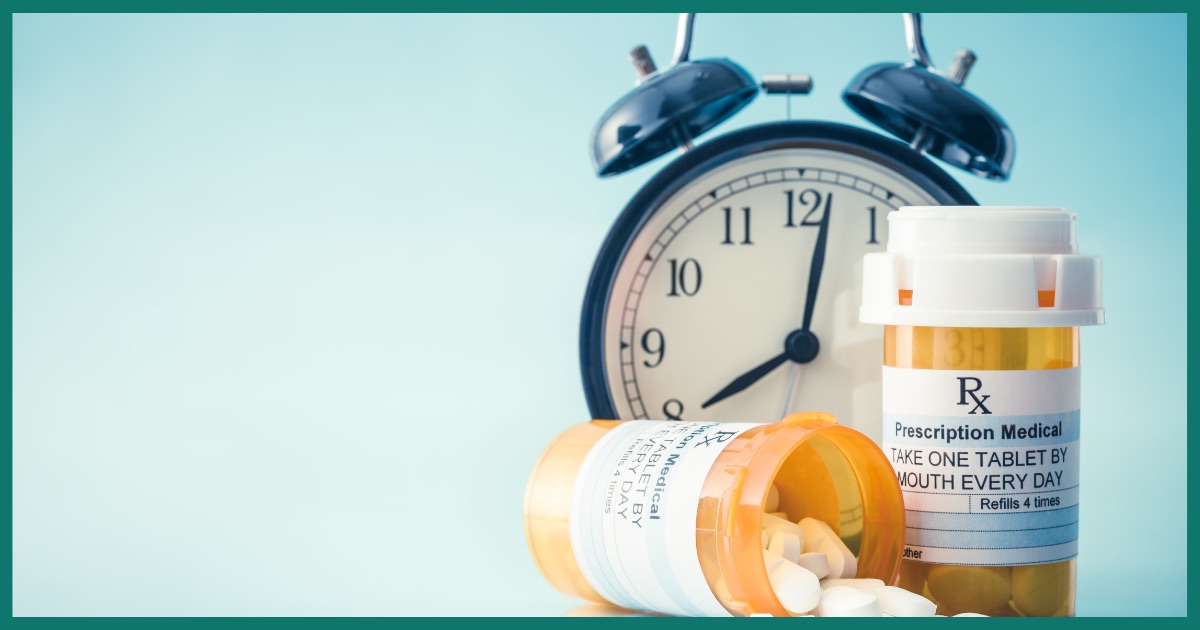Naltrexone vs. Acamprosate: Which Medication is Right for Your Alcohol Recovery?
By Sophie Solmini
Founder, ICADC, MATS, NCRC

Clinical Context: This article is reviewed by a Certified Alcohol and Drug Counsellor. It provides educational information and is not a substitute for professional medical advice.
If you're researching medications to help with alcohol recovery, you've already taken a huge step beyond the outdated, one-size-fits-all approach to treatment. It shows you’re looking for a modern, science-based solution. In your search, two names have likely come up repeatedly: Naltrexone and Acamprosate. They are two of the most effective, Health Canada-approved medications for treating Alcohol Use Disorder (AUD), but they work in very different ways.
Understanding the distinction can feel overwhelming. What’s the real difference? Is one better than the other? And most importantly, which one might be right for you? The answer isn’t about which is better, but which is the right tool for the right job, at the right time in your recovery journey.
At Heal@Home, we believe in empowering you with clear, simple information so you can have a more informed conversation with a healthcare provider. Let's break down Naltrexone and Acamprosate in a non-judgmental way, looking at how they work, who they are best for, and how they fit into a modern recovery plan.
Naltrexone: The 'Reward Blocker'
Think of Naltrexone as a tool that helps to turn down the volume on the rewarding feeling of alcohol. Its primary job is to reduce cravings and the pleasurable effects of drinking, essentially re-training the brain's response to alcohol.
- How it works: When you drink, your brain releases endorphins, natural chemicals that create feelings of pleasure. Naltrexone blocks the receptors that these endorphins attach to. The result? The rewarding 'buzz' is significantly dulled. Over time, your brain learns that alcohol no longer provides the reward it used to, and the craving for it begins to fade.
- Who it's best for: Naltrexone is often ideal for individuals who are still drinking and want to cut back or quit. It is particularly effective for those who are triggered by cravings and the desire to experience the euphoric effects of alcohol. It is the cornerstone of The Sinclair Method (TSM), a specific, evidence-based protocol for taking the medication before drinking to systematically 'de-addict' the brain.
Acamprosate: The 'Brain Normalizer'
Think of Acamprosate as a tool that helps to soothe a brain that is struggling to adapt to the absence of alcohol. Its primary job is to reduce the negative symptoms of post-acute withdrawal, making sobriety feel more stable and less of a struggle.
- How it works: Long-term heavy drinking throws the brain's chemical messengers off balance. When you quit, this system is thrown into a state of hyperactivity, leading to persistent feelings of anxiety, restlessness, and insomnia. Acamprosate works on these systems to help restore the natural balance, reducing the deep discomfort of early sobriety.
- Who it's best for: Acamprosate is only effective for individuals who have already stopped drinking. If your biggest struggle is the constant, nagging anxiety and restlessness *after* you've quit, Acamprosate might be a very helpful option. For more info, the NIAAA provides a helpful overview.
Can They Be Used Together?
This is a common question, and some studies suggest that a combination of both medications may be effective for certain individuals, as they target different aspects of the recovery process. Naltrexone works on the 'craving and reward' pathways, while Acamprosate works on the 'withdrawal and relief' pathways. However, this is a complex clinical decision. A combined approach should only ever be considered under the strict guidance of a physician who has conducted a thorough assessment of your health and specific situation.
The Most Important Factor: A Doctor's Guidance
This guide is for informational purposes only. You should never try to decide on a medication alone. A thorough medical assessment is crucial. A doctor will consider factors like your liver health, your specific drinking patterns, and your ultimate recovery goals. At Heal@Home, our approach involves a comprehensive evaluation to determine which tools in our programs are best suited for your unique situation. We have extensive experience with The Sinclair Method using Naltrexone, which you can read about in our detailed TSM guide, as it aligns with our harm reduction approach.
Ready to Find Your Path in Ontario?
Choosing to explore medical treatment for alcohol use is a sign of profound strength. If you're in Toronto or anywhere across Ontario, our team is here for a confidential, non-judgmental chat about your options. Contact Heal@Home today to learn more about our evidence-based programs.
Interested in our Program?
Our team provides a private, 12-week protocol designed to help you regain control from home.
Speak with our Team